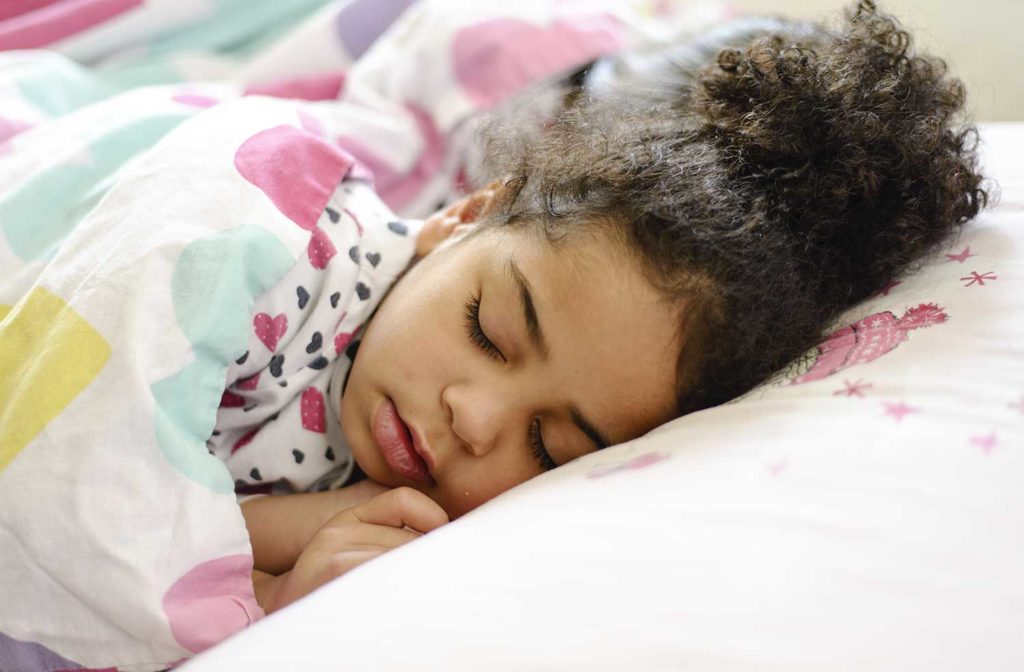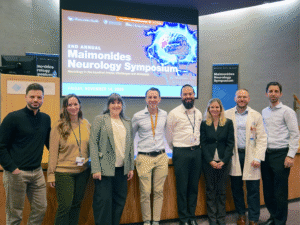Recognizing symptoms for a sleep disorder isn’t always easy. Collaborating with specialists in sleep medicine is the best way to evaluate symptoms, reach a diagnosis, and provide effective treatment options.
Monita Mediratta, MD, and Yizhak Kupfer, MD, are two pulmonology physicians at Maimonides Doctors Multispecialty Pavilion who specialize in sleep medicine. Adults with sleep concerns benefit from Dr. Kupfer’s deep and varied experience, while Dr. Mendiratta primarily works with pediatric patients.
Sleep Medicine in Pediatric Versus Adult Patients
It’s easy to think of sleep medicine as a specialty for adults, especially since children don’t usually complain about poor quality sleep. “Adults discuss these issues with their doctor when they’re experiencing daytime fatigue from restless sleep. Unless they wake their parent or guardian during the night, these symptoms can go unnoticed in children,” according to Dr. Mendiratta.
BEARS Sleep Screening Algorithm
One of the pediatric sleep assessment tools Dr. Mendiratta uses often is the BEARS Sleep Screening Algorithm. She likes its simplicity for discussing sleep with parents, and finds that it’s a great way to introduce pediatric sleep medicine to her residents. BEARS is an acronym that helps physicians assess five key sleep domains:
1. Bedtime problems
2. Excessive daytime sleepiness
3. Awakenings during the night
4. Regularity and duration of sleep
5. Snoring
However, children are often unable to articulate these signs and symptoms of a sleep disorder. “Instead of waiting for parents to report concerning sleep issues, I encourage pediatricians to be proactive,” Dr. Mendiratta explained. “In addition to the BEARS tool, restlessness, and snoring, we also look for a few daytime symptoms like early morning headaches, irritability, and hyperactivity.”
Dr. Mendiratta is one of the only pediatric sleep medicine specialists in Brooklyn, which sets Maimonides apart from other facilities in the area. “I find it fascinating because sleep is physiologically critical for daily functioning and it’s tied to overall health more than you might think,” she explained.
Pediatric patients who experience sleep disorder symptoms as indicated by the BEARS tool and adults with self-reported sleep difficulties should receive a referral to sleep medicine. Some of these patients will need a sleep study, particularly if they present with snoring as a symptom. This is the only way to determine if snoring is the result of a medical condition like sleep apnea.




